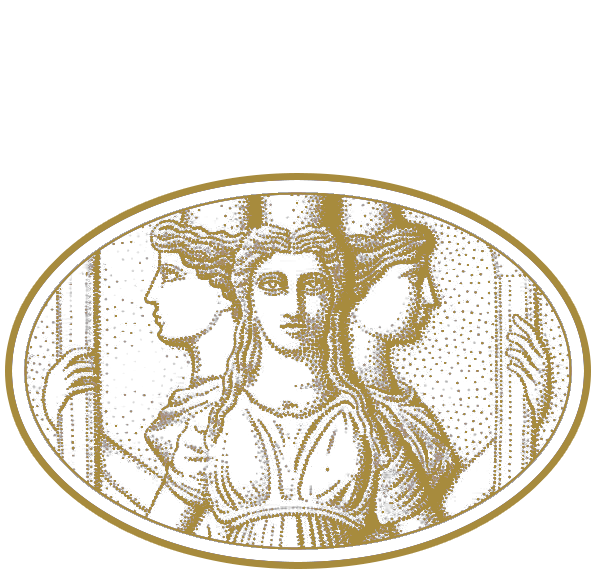Prometheus Steals Fire
In a continuation of the previous story, Prometheus puts himself at risk again to help men.
Sometime after the disastrous encounter at Mecone, Prometheus slipped onto Olympus carrying a fennel stalk. Outside, the plant was tough and fibrous, but inside, it was hollow and juicy. Waiting until Hestia was distracted, Prometheus stole a smoldering ember from the divine hearth and dropped it inside the stalk.
He ran back to earth as quickly as he dared, rolling the stalk back and forth in his palm as he went so that the ember would not nestle so deeply into the moist pulp that it extinguished itself. As soon as his feet touched the ground, he slid the ember onto a pile of dry leaves and gently blew on it until a flame appeared. He nurtured the flame with small twigs until it was blazing.
Gathering men around the new fire, he reminded them how to tend it and use it. Within a few days, fires were burning throughout the land.
Zeus looked down and saw the flickering lights. Immediately, he knew what Prometheus had done and summoned him to Olympus. Consumed by fury, he roared,
‘Titan! You must be very pleased with yourself for stealing fire. But be sure of one thing: this isn’t over yet. The next misery I bring to men will be one that neither your cunning nor your stealth can alleviate. And as for you—you, too, will suffer eternally for having done this.’
Zeus called Force and Power into his presence, and then summoned Hephaestus from his forge.
‘Take Prometheus to the Caucasus mountains, in the farthest reaches of the east. Pin him to a cliff, using adamantine fetters and manacles riveted with bronze. Stretch out his arms and legs to either side and pin down each wrist and ankle.
‘Then, drive a shaft through his entrails and deep into the rock beneath so that he can’t escape, whatever tricks he might try. Leave him there to be scorched by the sun until his skin turns to leather and to shiver under winter snows.
Power laughed. ‘We’ll teach him he was a fool to think he could elude your will, Zeus!’
‘I was not done speaking!’ Zeus thundered. ‘An eagle shall visit you there, Prometheus—a son of Typhon and Echidna, huge and ravenous. He will tear at your diaphragm until he lays bare your liver, fat and glistening. Then he will gnaw at it until it is black and tattered.
‘He will gorge himself in the same way every day, until the end of time, for as soon as he departs, your liver will begin to grow again, preparing itself for the eagle’s next meal.’
Hephaestus inwardly groaned, horrified that any god should be treated so barbarically. He groaned, too, at the loss of a companion who, unlike most of the gods, understood the satisfaction of manual labor.
Hephaestus suspected that Zeus’ interference with Prometheus and his ideas would prove useless, anyway. Even during the time that they had been deprived of fire, men had progressed, adapting the skills that Prometheus had taught them to their new circumstances. Men were resilient; Hephaestus admired them for that.
None of that mattered at the moment, however. Hephaestus sighed and prepared for the journey east, packing the tools that would be necessary to implement Zeus’ orders. The group set out, Prometheus in chains.
When they reached the Caucasus, Hephaestus did what Zeus had ordered him to, while Force and Power held Prometheus against the cliff. As they withdrew, Hephaestus saw the great eagle circling overhead, already impatient for his first meal.
The bird was not only a greedy eater but also a slovenly one. Each time that he finished, shreds of Prometheus’ liver remained dangling from his talons and beak. When he departed, he carried these with him.
This led to something extraordinary. Ichor, which runs in the gods’ veins instead of blood, dripped from the shreds onto the mountain slopes below. From it, plants sprang up, each as high as a man’s knee. Their purple flowers were beautiful but their roots were the color of freshly butchered flesh and their juice was dark, oily and viscous. The natives of the area, who knew where the plant had come from, named it the prometheios.
It was Hecate who first discovered the special properties of the plant’s juice, which could either heal or harm. She taught her student Medea how to put them to use, and Medea, venturing forth from her father’s palace at night, roamed the mountain slopes to find and harvest prometheios by the light of the waxing moon. On one occasion, she used the plant’s juice to make an ointment that protected the hero Jason from the fiery breath of her father’s bulls.
Not long after that, new prometheios plants stopped appearing. The hero Heracles had shot the eagle and freed Prometheus from his chains, in thanks for advice that Prometheus had given him.
By the time he was free, Prometheus had spent 1000 years hanging upon the cliff’s face, tormented sorely for the help he had given men.
